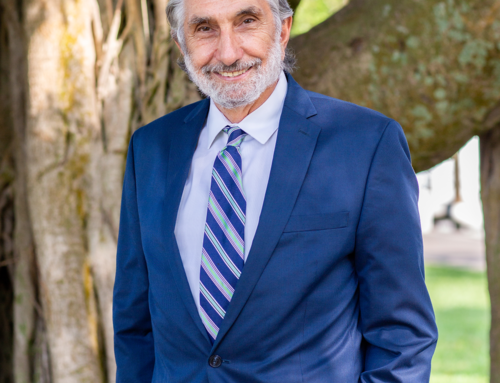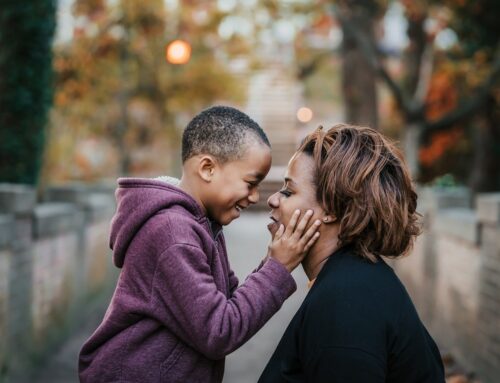The Violence Against Women Act (VAWA) serves as a beacon of hope for many immigrants facing the dual challenges of domestic abuse and immigration issues. This federal law offers a secure pathway to lawful permanent residence, commonly known as a Green Card, for victims of battery or extreme cruelty. Whether you’re considering filing a VAWA case or seeking to understand this legal provision better, this guide is for you.
Please note that immigration law is always evolving, and the information in this post may have changed. If you need guidance regarding VAWA or have any other immigration questions, call Probinsky & Cole today.
Who is Eligible for VAWA?
One of the most pressing questions when people learn about this act is, “Who is eligible?” Contrary to common belief, the Violence Against Women Act is not limited to women. Men and children can also apply if they have been victims of domestic abuse. Simply put, the law is designed to protect any individual provided they meet specific criteria related to their relationship with the abuser and the nature of their abuse.
Eligibility Criteria for VAWA
- Relationship to the Abuser: The first criterion for eligibility is your relationship to the abuser. The abuser must be a U.S. citizen, or a Lawful Permanent Resident – spouses, parents, or guardians can count.
- Type of Abuse: VAWA covers victims of battery or extreme cruelty. This means that the abuse can be physical, emotional, or psychological. The key is that the abuse must reach a level defined as “extreme cruelty” under the law.
- Divorce Clause: A unique aspect of VAWA is the divorce clause. If you are divorced, you can still self-petition under VAWA as long as the divorce occurred within two years of filing the petition. Additionally, there must be a demonstrable connection between the divorce and the domestic abuse you suffered.
It’s important to note that meeting these criteria doesn’t guarantee approval, but failing to meet them will almost certainly result in denial. Therefore, it’s crucial to gather evidence and documentation to substantiate your case.
The VAWA Application Process
While the VAWA application process can seem daunting, especially when dealing with the emotional and psychological toll of abuse, you will be going on this journey with an immigration lawyer by your side. However, understanding the steps involved can make the journey less overwhelming and more manageable. One of the most empowering aspects of VAWA is the self-petitioning process, which allows victims to apply for lawful permanent residence independently without needing the abuser’s involvement or consent.
Steps in the VAWA Application Process
- Gathering Evidence: The first step in the application process is to collect all the necessary evidence to prove the abuse and your qualifying relationship with the abuser. Evidence might include medical records, affidavits from known people aware of the abuse, and any other documentation that can substantiate your claims.
- Completing Form I-360: The cornerstone of the VAWA application is Form I-360, also known as the VAWA self-petition. This form is where you’ll provide all the information and evidence you’ve gathered. U.S. Citizenship and Immigration Services stresses that you can undergo this self-petition ‘without your abusive family member’s knowledge or consent.’
- Benefits of Approval: Once your VAWA self-petition is approved, you’ll receive several immediate benefits, including work authorization, allowing you to maintain financial independence, and deferred action, temporarily preventing deportation. Additionally, an approved VAWA petition makes you eligible to apply for lawful permanent residence, offering a path to stability and security in the United States.
While the journey may be challenging, the benefits of an approved VAWA self-petition can be life-changing, offering a newfound sense of empowerment and freedom.
If you think you may qualify to stay in the United States under these VAWA requirements, contact Probinsky & Cole to learn more information.








